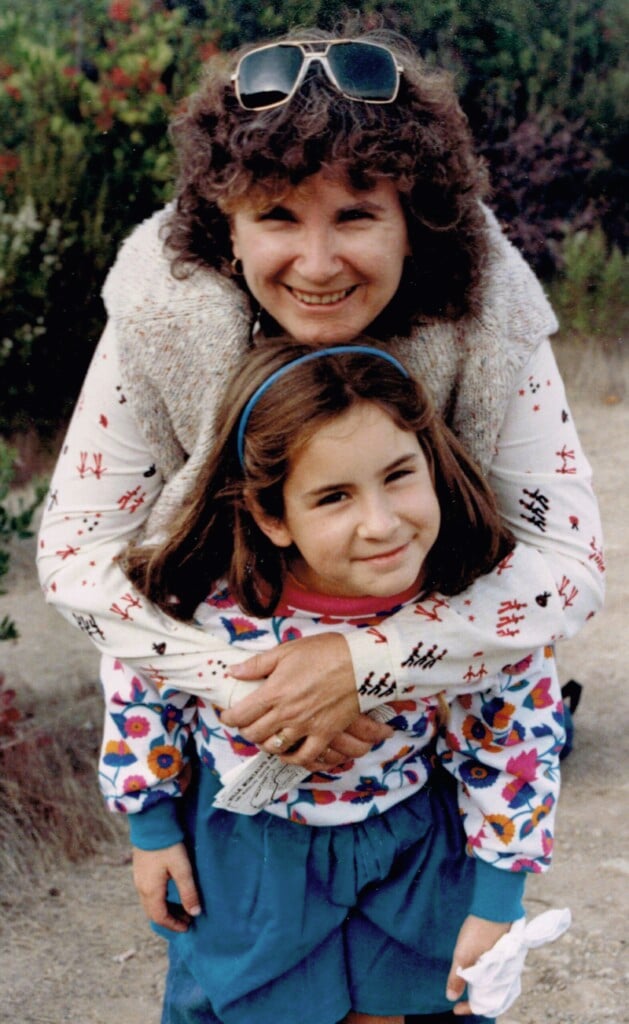Going Against Our Genes
Metabolic health issues are on the rise as we continue to push against our genetic makeup

Once upon a time, in a land not so far away, cultures of hunters and gatherers roamed our planet. These prehistoric nomadic groups hunted or foraged for food from their environment. Then, a mere 12,000 years ago, studies show evidence of the emergence of agriculture, and human lifestyles began to change.
Fast forward to the last 75 years, when processed foods and refined sugar have become a staple in our diet. At the same time, health issues such as diabetes and obesity began to rise, especially in children and youth.
Dr. Carley Meade, a pediatric obesity specialist at Clover Pediatrics, says none of this is a coincidence.
“During the prehistoric era, people would only eat every few days,” Dr. Meade says. “Our bodies aren’t made for eating as often as we do or eating processed food that has become so prevalent in today’s culture. We are literally going against our genetic makeup.”
Dr. Meade is a certified pediatric endocrinologist who specializes in metabolic health issues for children and youth. She runs a small clinic in South Tulsa where she treats patients from a wide geographic area, as she is one of only two pediatric obesity specialists in the state.
“In addition to going against our evolutionary makeup, there are some children who handle weight and metabolism differently – they have some sort of metabolic dysfunction that makes them gain weight,” she says.
Assessing Metabolic Health
Dr. Mead says there are several factors that come into play when addressing metabolic health issues with children and youth, so her first meeting involves a two-hour intake session.
“I want to spend lots of time with each patient, getting to know them and learning all about their habits,” she says. “Every treatment plan is different and takes into consideration a holistic view of the patient.”
She learns everything from their eating habits, sleeping patterns, and internal and external stressors before she devises a treatment plan for her patients and their guardians. Everyone must buy into the plan before moving forward.
“I like to present options so the patient can choose which one they think they can stick to, and we go from there,” Dr. Meade says. “An example would be to start with one meal where they can make a change, like adding a fruit or vegetable. We must start with small steps. This is a marathon, not a sprint.”
Sleep and exercise are built into the plan as well.
“Again, we focus on one small item at a time. For example, adding one hour of activity of something they like to do and cutting back one hour of screen time a day.”
Finding Success
Incremental changes and monthly meetings are the key to long-term success. Finding out the family dynamics and where everyone is on their child’s health journey is crucial as well.
“We have to get everyone (in the family) on board,” Dr. Meade says. “Once we are on the same page, we chip away at the plan – little successes at the beginning can make the difference on continuing to move in the right direction.”
Dr. Meade doesn’t believe in weigh-ins or counting calories.
“The goal is metabolic health, not weight loss. And that is different for every patient, especially when dealing with children versus teenagers.”
As patients follow their individualized plan, it becomes a lifestyle rather than a “program” or “diet.”
“Ultimately, I help children and youth make sustainable changes to improve their health, function and quality of life. I want them to leave here equipped with the tools they need to live their best life.”





